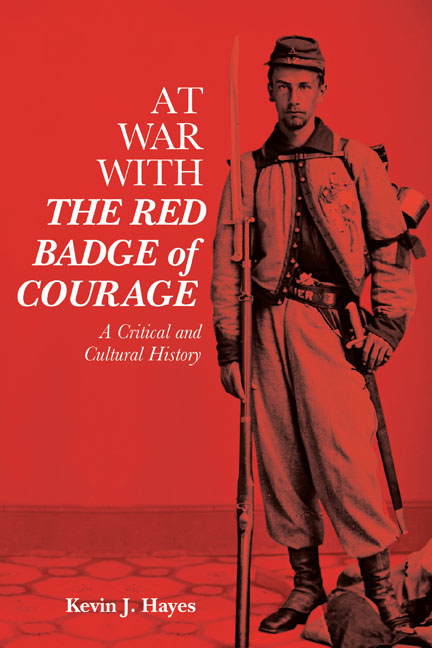Summary
Pulling into the driveway of the Donaldson Brown Center at Virginia Tech on a late September afternoon a long time ago, I did not realize I was about to trigger an enduring fascination for Stephen Crane. Anyone who peered into the back window of my rickety French hatchback—Captain Renault, I called it—could have noticed my interest in American literature. Partway through my journey from Newark, Delaware to Blacksburg, Virginia I had stopped in Charlottesville to visit Heartwood Books, where I purchased a near-complete set of American Literary Scholarship.
The year was 1989. I was twenty-nine and only two years away from completing my graduate studies at the University of Delaware. I had come to Virginia Tech to attend Stephen Crane: A Revaluation, a conference organized by Paul Sorrentino, who brought together leading Crane scholars from around the world. I had not submitted a paper, but my teacher Hershel Parker, who had planned to speak at the conference, was unable to attend. Since I had written a research paper about The Red Badge of Courage for a seminar he had taught the preceding semester, he asked me to speak in his place. He didn't have to ask twice.
The chance to present my paper to a roomful of Crane scholars got me excited but put my nerves on edge. Nearly all graduate students get the willies before presenting their first professional conference paper, but I had special reason to dread mine. My teacher's controversial approach to The Red Badge of Courage had shaken up Crane studies and challenged much of the previous critical and editorial work on the book.
At the opening cocktail party I introduced myself to several other attendees. Some had been researching Crane for decades. James B. Colvert, for one, wrote his doctoral dissertation about Crane in the early 1950s and had been studying his life and works ever since. Thirtytwo years have passed since Blacksburg, meaning that—gulp—my own study of Crane has now entered its fourth decade. There's a reason why I’m counting up all these decades. First published in 1895, The Red Badge of Courage is now 126 years old. Piggybacking the reminiscences of the friends I made in Blacksburg onto my own memories lets me cover more than half the book's critical history solely through personal contacts.
- Type
- Chapter
- Information
- At War with The Red Badge of CourageA Critical and Cultural History, pp. 1 - 8Publisher: Boydell & BrewerPrint publication year: 2020

